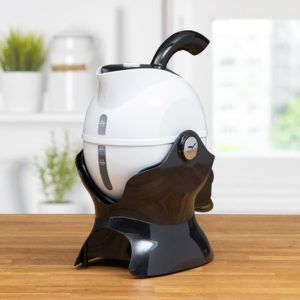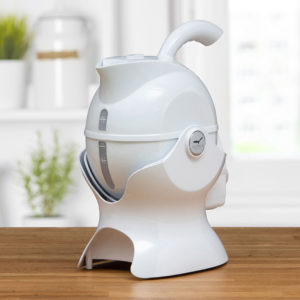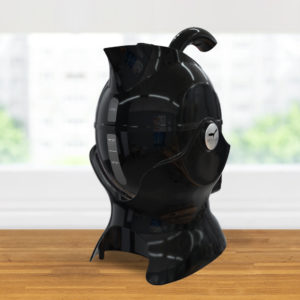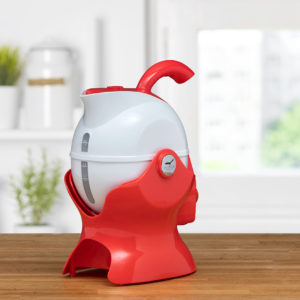It’s no secret really, when we don’t get enough sleep, we aren’t our best selves. We can be irritable, groggy, and less productive than normal. But did you know that a bad night’s sleep can increase the level of arthritis pain you experience?
A poor night’s sleep can cause pain to worsen and this can create a frustrating cycle of pain and poor sleep if not corrected early.
With your treatment plan for managing arthritis there can be:
- Exercise regime
- physical therapy
- Healthy diet & supplements
What should also be mentioned above is ‘sleep’. Getting enough sleep is essential to help you maintain good mental and physical health.
How Can Sleep Affect Arthritis Pain?
If you aren’t getting enough sleep, you can actually lower your pain threshold – the point at which you start to feel pain. It’s because of this that you can experience:
- An increased level of pain.
- Pain where there may not have been pain before.
- Pain that was once only felt in a specific area f the body that has now become more widespread.
How Much Sleep Should I Get to Feel the Benefits?
We’re all different! No two people experience arthritis in the same way and this is the same for level of sleep. We all need different amounts of sleep. For the majority of us, somewhere between 6-9 hours is a good place to start. As we get older, we generally need less sleep.
Ask yourself these questions to see if you are getting enough sleep:
Q1: Do I feel sleepy during the day?
Q2: Am I struggling with my energy levels?
Q3: Do I feel refreshed when I wake up and throughout the day?
If there were more yes answers above, it might be time to look at your sleep schedule.
7 Top Tips For Getting A Good Night’s Sleep
Calm Yourself with a Cuppa
Ever wondered why children where given warm milk before bed? Milk actually contains two nutrients that are known to help improve or induce sleep.
You can say the same thing about a calming cup of chamomile tea. Chamomile tea has been around the block more than once. It’s used as a natural remedy to reduce inflammation, anxiety and treat insomnia. You might be interested to know that Chamomile has been regarded as a mild tranquilizer or sleep inducer.
Of course, using the average kettle can cause pain with heavy lifting and pouring. Which really negates the point. This is where our Uccello Kettle comes in. With it’s unique tilt-to-pour action, there is no heavy lifting, balancing or straining yourself for a cuppa.
Heat Therapy
To help you ease joint pain before heading to bed, why not try some heat therapy with a hot water bottle or heat pad? A hot bath is also an effective way to relax and heat the joints. With a few drops of lavender in the bath or on your pillow, you are sure to have a good night’s sleep.
Mattress Master
Never underestimate the power of a good mattress. If you sleep 6-8 hours a night, that’s 30-40 hours a week, that’s a good chunk of time. You will definitely want a good mattress. It can make a big difference to your level of comfort and support as you sleep.
When it comes to shopping around for a mattress when living with arthritis, it should be supportive but not too hard. If the funds are tight right now and you can’t quite yet afford a new mattress, why not try a mattress topper instead?
Make Use of Your Pillows
Pillows aren’t just decorative. How you use your pillow can be just as effective as a good mattress. If you have arthritis in your hip or your knee and prefer to sleep on your side, you could benefit from a pillow between the knees for support.
For those of you with arthritis in the shoulder, a wedge pillow or sleeping on your back would be best.
Stretch it Out
Getting in regular exercise can help reduce the amount of joint pain you feel as well as help you maintain your joints range of motion.
Those who exercise regularly tend to have a better night’s sleep too. This doesn’t mean you should dive into a exhaustive routine. Talk to your doctor or physical therapist first to see what they would recommend.
Reset the Clock
This can be a hard one. Trying to reset your body clock can be tricky at first. It’s simply a good habit you need to get yourself into and thankfully, it won’t take too long. Here’s how you do it:
- Set a bed time for the same time each night.
- Establish your routine – what you want/need to get done before bed and when.
- Remove all light-emitting devices an hour before bed – this includes phones, tablets, laptops, TV, E-readers etc.
- Get yourself a calming cuppa and drift off.
Pain Relief
Of course, there is going to be pain that the list above may not be able to help. If that is the case, it might be time to talk to your doctor or even try over the counter pain relief. There is pain relief that you can get to reduce the pain and help you sleep. Your doctor and pharmacist will know more and be able to guide you.













Leave a Comment